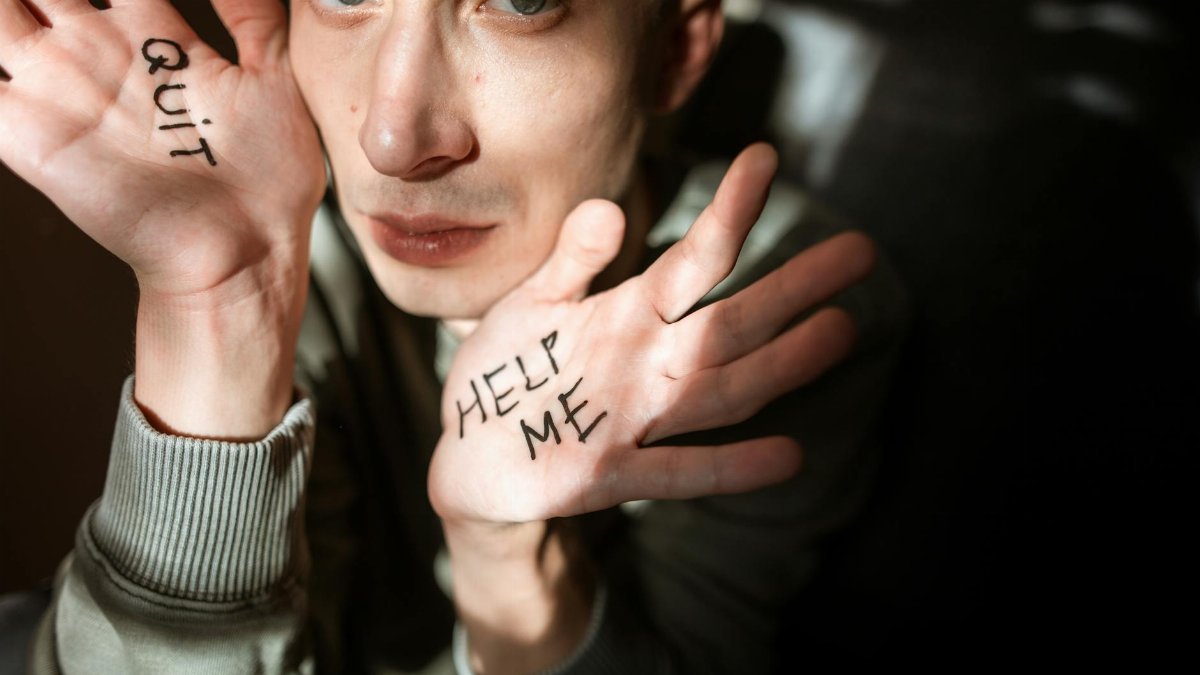Bruce Springsteen, the iconic rock star known as “The Boss,” has opened up about a deeply personal struggle. In a revealing interview, he shared how a history of springsteen family mental illness profoundly shaped his life, pushing him to the brink during the height of his fame. Speaking on the May 2, 2025, episode of The Hollywood Reporter’s Awards Chatter podcast, Springsteen, now 75, discussed how unresolved childhood trauma collided with massive success, leading to a pivotal moment of reckoning in the 1980s. His story is a raw reminder of mental health’s hidden toll.
A Family Legacy of Struggle

Springsteen didn’t shy away from the stark reality of his upbringing during the podcast. He described his family as “filled with mental illness,” a burden that cast a long shadow over his early years. While he didn’t delve into specific diagnoses or individual stories, the weight of this legacy was clear. Growing up in New Jersey, the future rock legend absorbed pain and challenges that would later resurface, even as he became a global superstar. This familial backdrop set the stage for his own battles.
The Breaking Point Amid Stardom

The 1980s were a defining era for Springsteen, with the release of his blockbuster album Born in the U.S.A. catapulting him to unprecedented fame. But behind the sold-out arenas and chart-topping hits, he was unraveling. He told host Scott Feinberg that success amplified the unresolved trauma from his childhood, creating a perfect storm. The pressure of stardom, combined with the lingering effects of springsteen family mental illness, led to what he described as a personal crisis, pushing him to seek help.
Two Years of Therapy as a Lifeline

At the height of this turmoil, Springsteen made a life-changing decision. He entered into two years of intensive analysis, a process he credits with helping him navigate his inner chaos. Therapy became a critical tool during the whirlwind of the Born in the U.S.A. era, offering him a space to confront the pain tied to his family’s history. He emphasized that this wasn’t just a quick fix—it was a deep, often grueling journey to understand himself and break destructive patterns.
Coping Tools for a Lifetime

The lessons Springsteen learned in therapy didn’t end when the sessions did. He shared with Feinberg that the coping mechanisms he developed during those two years remain essential to his life today. Whether it’s managing stress, processing emotions, or staying grounded at 75, these tools have been a steady anchor. His candidness highlights a practical takeaway: mental health support can equip individuals with strategies that endure, even decades later, through life’s inevitable ups and downs.
Breaking the Stigma of Seeking Help

One of Springsteen’s most powerful messages from the podcast was his call for others to seek help without hesitation. He acknowledged that in the 1980s, the stigma around mental health was a formidable barrier—therapy was often seen as a sign of weakness, especially for a tough, working-class rocker like him. But he noted with relief that attitudes have shifted significantly by 2025. Today, conversations about mental health are more open, and resources are more accessible, a trend he hopes will continue.
A Universal Call to Action

Springsteen’s story isn’t just a celebrity confessional—it’s a broader plea. He urged fans and listeners to address mental health challenges early, before they spiral into crises as his did. Reflecting on his own delay in seeking help, he emphasized the importance of proactive care. For those grappling with their own histories of springsteen family mental illness or personal trauma, his advice is clear: don’t wait. Help is out there, and reaching for it can be transformative.
The Bigger Picture in 2025

Springsteen’s revelations come at a time when mental health awareness continues to grow in the U.S. Organizations like the National Alliance on Mental Illness ( NAMI ) report that more Americans are seeking therapy and support than ever before. Additionally, data from the Centers for Disease Control and Prevention ( CDC Mental Health ) shows that stigma, while still a challenge, is diminishing as public figures share their stories. Springsteen’s voice adds to this momentum, inspiring others to prioritize their well-being.
From the stages of New Jersey to the global spotlight, Bruce Springsteen has always told stories of struggle and resilience through his music. Now, by sharing his personal journey with mental illness, he’s amplifying a different kind of narrative—one that underscores the power of vulnerability and the necessity of care. His experience serves as both a cautionary tale and a beacon of hope for anyone facing similar battles in 2025 and beyond.
